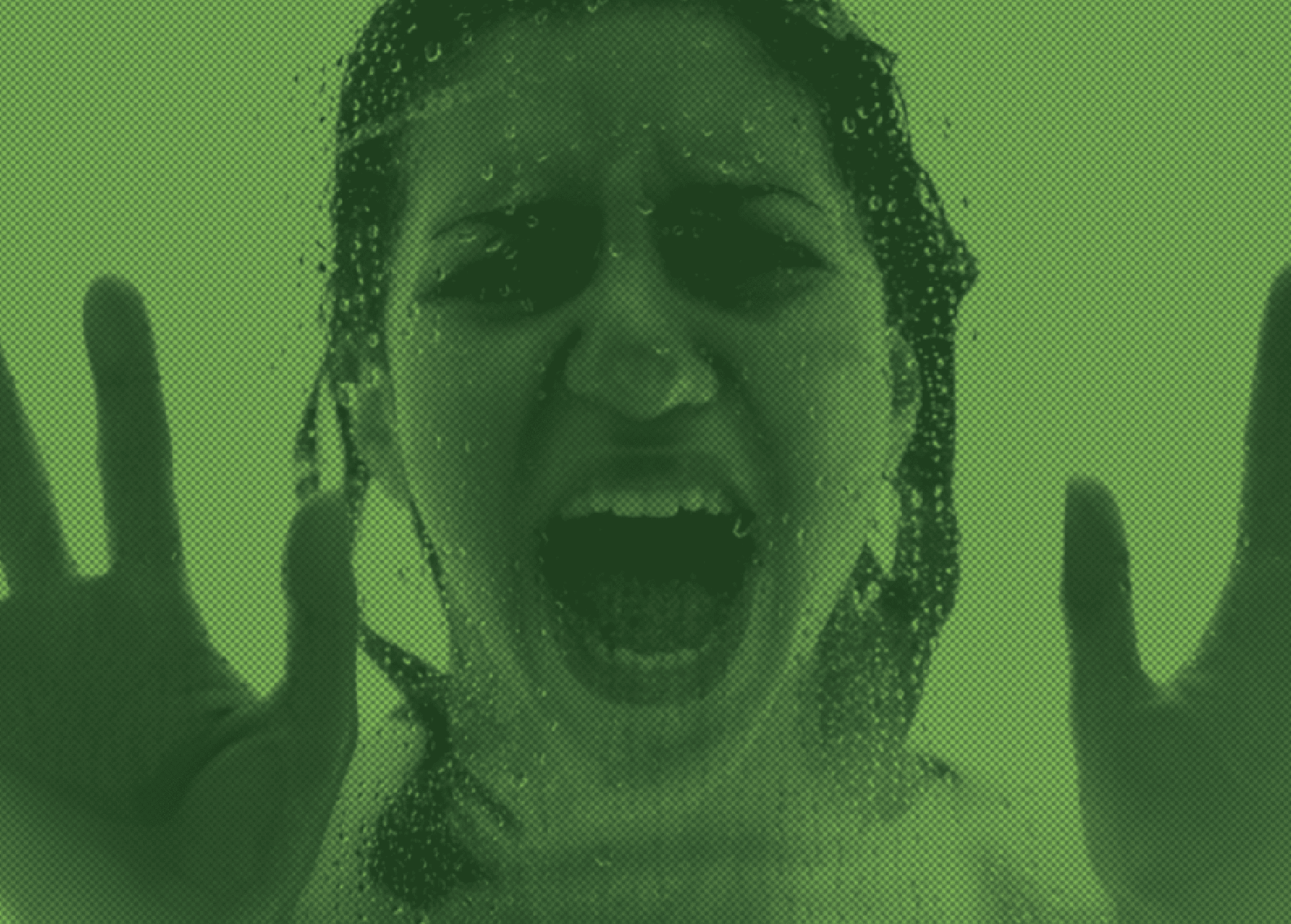Bringing recovery into the world and the world into recovery 🙂
Pipe Down Magazine was born during a relapse.
Founder, Araminta Jonsson, was lost and hopeless and living in Bristol. She'd been to rehab and knew the importance of connecting to a recovery community, but stuck in the isolation of active addiction, she had no idea how to access it.
That's when she started to think about a magazine that would reach people like her, giving them hope that they weren’t alone. A magazine that published the stories of other addicts, with opinions and viewpoints of people who had been in the very situation she found herself in then. And so Pipe Down was born.
Running alongside our Wellbeing Issue, DIVA speaks to Pipe Down writer Lucia Petch who became involved with the magazine after her own experiences with addiction*.
*Some names have been changed.
DIVA: When did you become involved with Pipe Down?
Lucia Petch: I met Araminta Jonsson shortly after leaving rehab, prior to the launch of Pipe Down. Back then my poetry mainly consisted of scribbled verses on the back of utility bill envelopes or pages ripped from scruffy old notebooks.
Could you tell us a little about your own experiences?
No budding student visits the careers advisor to check out how many GCSE’s they need to become a successful junkie. I am a well-educated, well-travelled, self sufficient, professional woman, yet for the past 20 years I have walked the tightrope of a seemingly functional existence alongside periods of heavy and crippling addiction.
Addiction is insidious. It will bring you to your knees and eventually, it'll kill you. The speed and mode of transport by which you arrive may vary, but the carnage, chaos and misery left behind bear striking resemblances. But when do you stop the rollercoaster? Is it when you're partying alongside close friends, having a giggle and the Champagne is flowing freely? Or when you’re on all fours snorting a line off the floor of a filthy toilet cubicle in Tesco?
I woke up one morning and was able to extract the emotion from where I was in my life. It was simple, I had three options: a) continue using cocaine and/or other drugs, b) get honest and work towards abstinence and recovery, or c) fast track option one and end my own life… Thankfully, I chose b).
When was the turning point for you?
Somewhere in that scenario my addiction told me that I still had control. I had no self compassion or respect for the beautiful child I once was and had lost all connection with the people and things that seemed to matter in other’s lives. I lost the best friend I ever had and the woman I wanted to spend the rest of my life with through the relentless insanity of my addiction.
I was physically, financially and emotionally broken… and so I finally surrendered. I came to realise that I would always hit a dead end if I kept trying to chase something that didn’t exist, whilst loosing even more of the woman I was meant to be. And when there were no more dead ends there would just be a dead me.
#addiction #Recovery #journey #justfortoday #help #Helping #key #contributionday #live #lovelive #Peaceful #Loveyourself #giveback #addictionrecovery #service #addictionrecovery pic.twitter.com/g1Oz3q8eP5
— Pipe Down Magazine (@Pipedownmag) March 26, 2018
And did writing play a part in this realisation?
Poetry was my catharsis through the lowest points of my active addiction and continues to be now I'm in recovery. It's a privilege to be part of a team that can challenge the stigma of addiction and assertively reach out to someone who may feel helpless, hopeless and a million miles away from a life in recovery. If just one suffering addict feels empowered by engaging with Pipe Down and goes on to seek support, then we have succeeded and I have given something back.
As someone who identifies as LGBTQIA, why is it important that the magazine reaches our communities?
Recent statistics have revealed that members of the LGBTQIA community have disproportionately higher rates of substance misuse than the general population. Daily battles with discrimination and stigma cause high levels of stress and have been linked towards drug and alcohol use, and for years, academic research has shown that lesbian and bisexual women abuse alcohol at higher rates than their heterosexual counterparts. Armed with the facts, I aim to prioritise members of our community both in active drug and alcohol addiction, or struggling to find their feet in recovery and help to make sure they're not further stigmatised.
And finally, how can people help to support Pipe Down magazine?
Essentially, there are three ways that people can help:
– By being part of the team of writers and contributors
– By spreading the message – like, share, and follow us on social media!
– For businesses and individuals to invest financially in the project so that we can stay in print
Want to find out more? Visit pipedownmagazine.co.uk. To help spread the word follow them on Instagram and Twitter @pipedownmag
Only reading DIVA online? You're missing out. For more news, reviews and commentary, check out the latest issue. It's pretty badass, if we do say so ourselves.
divadigital.co.uk // divadirect.co.uk // divasubs.co.uk
